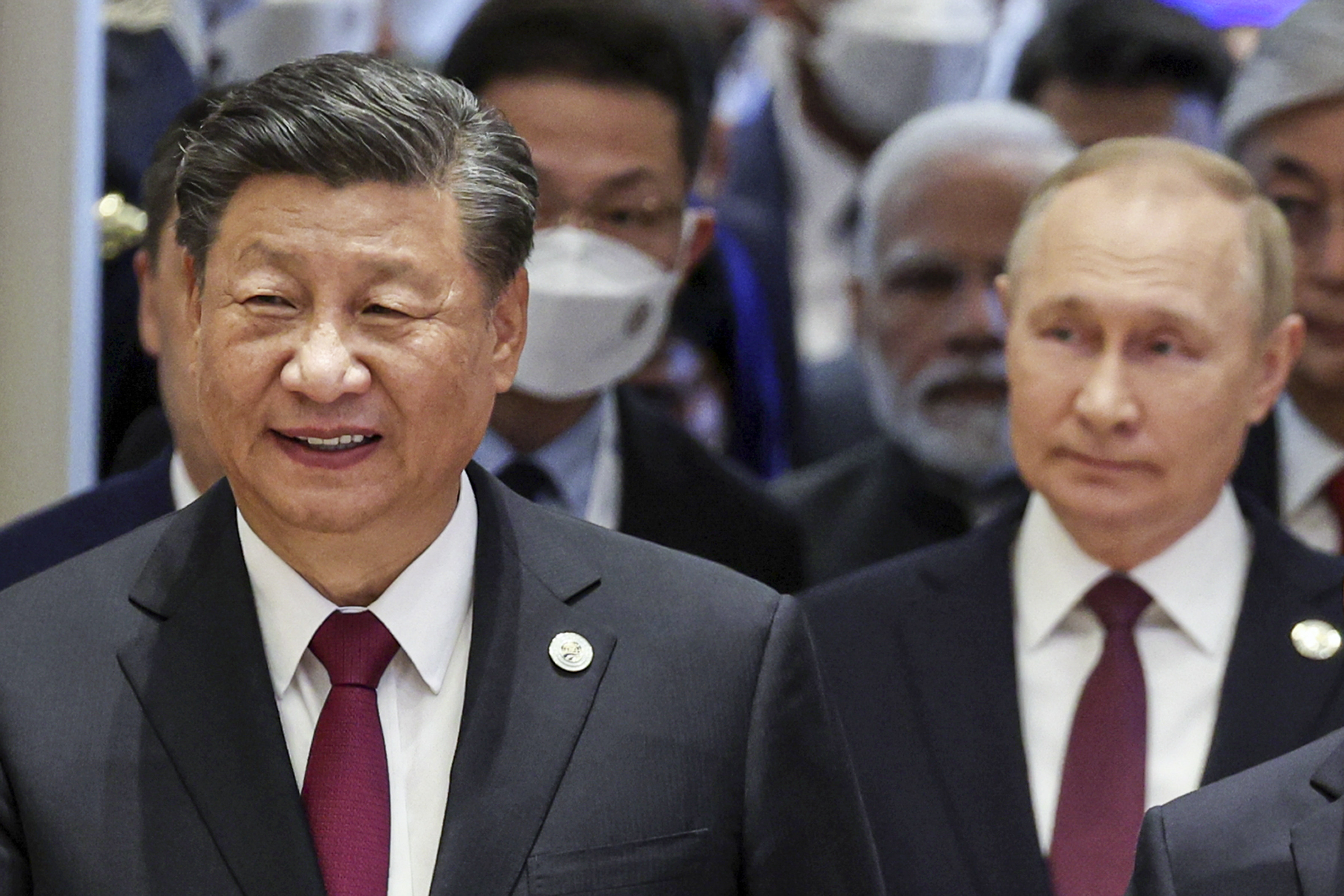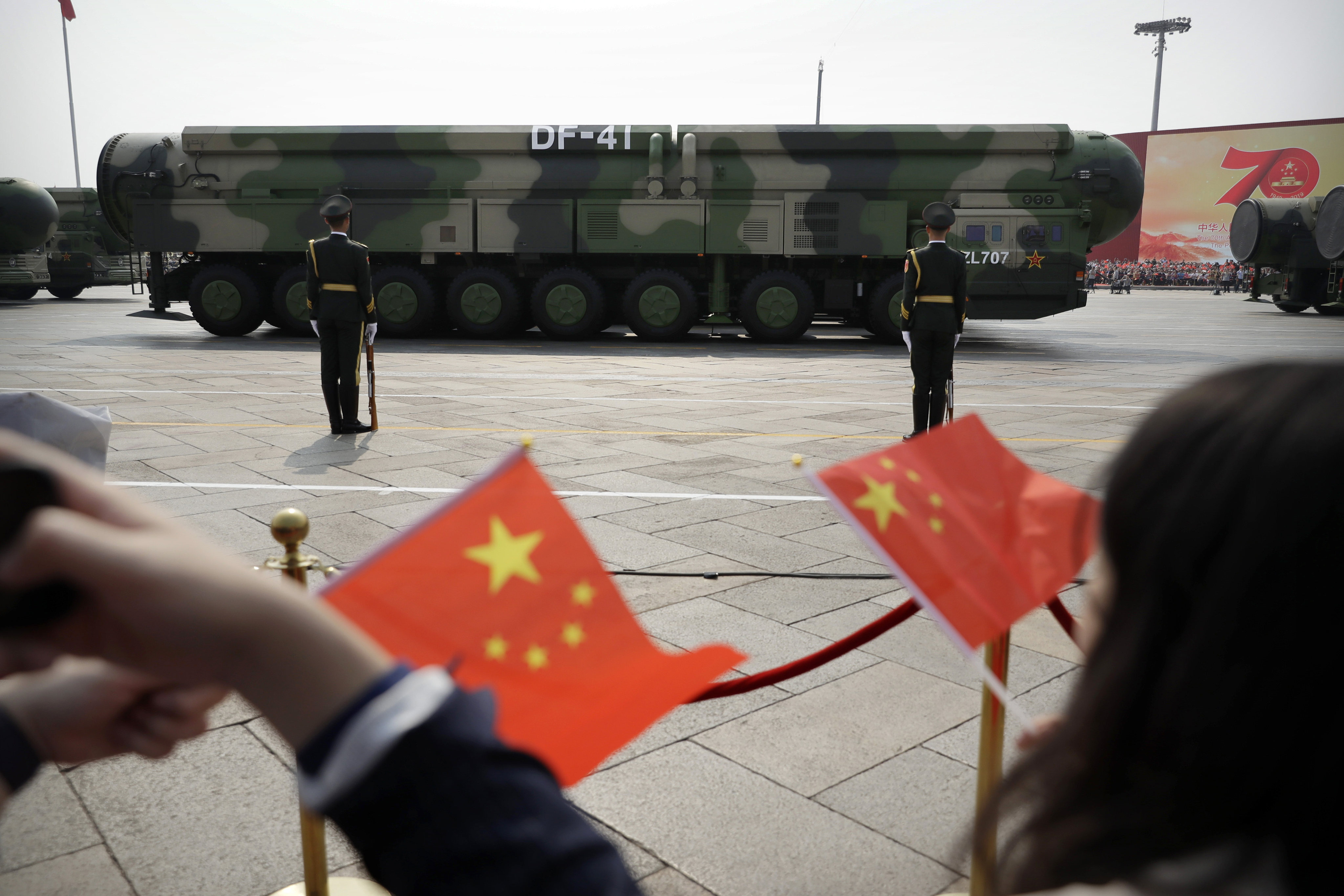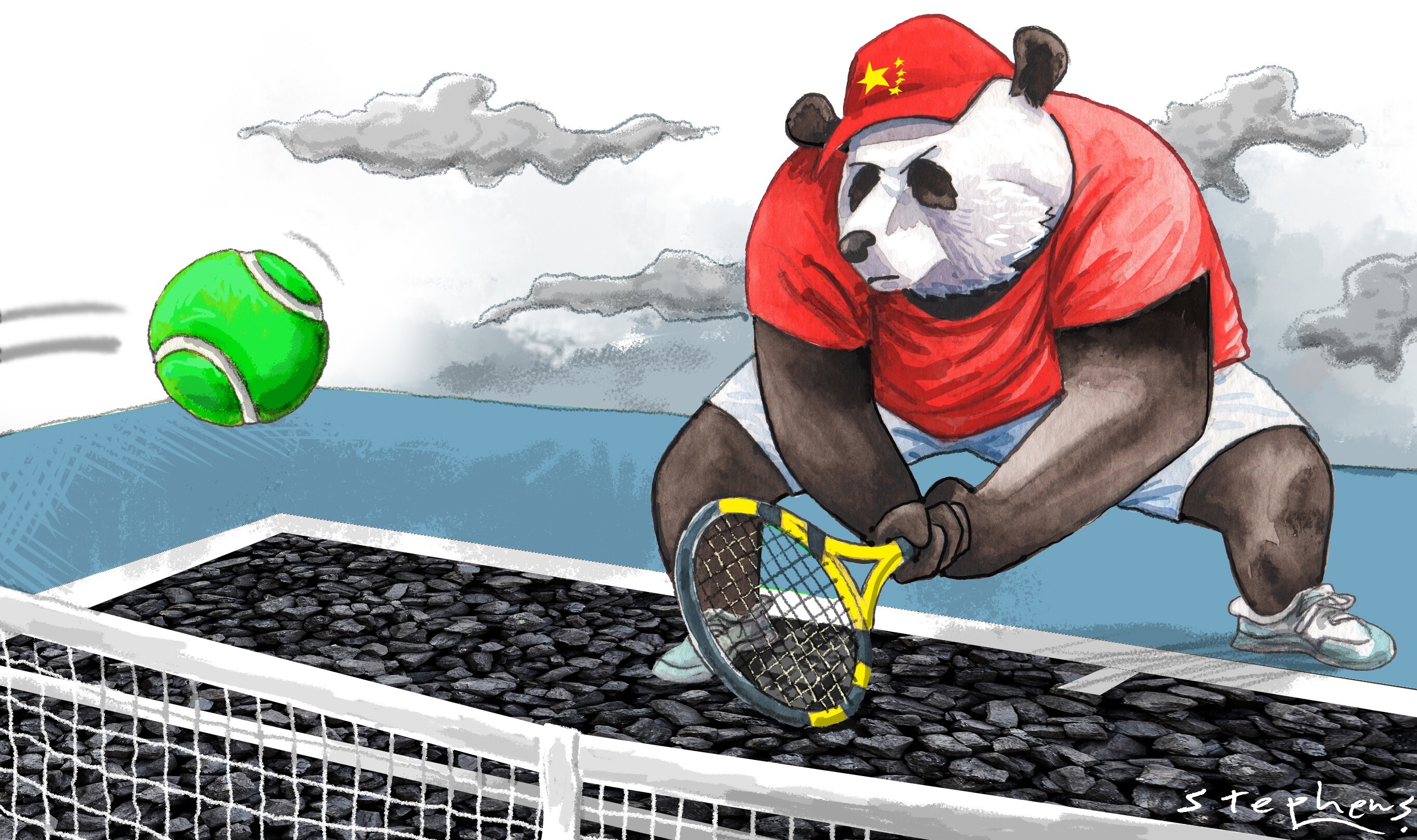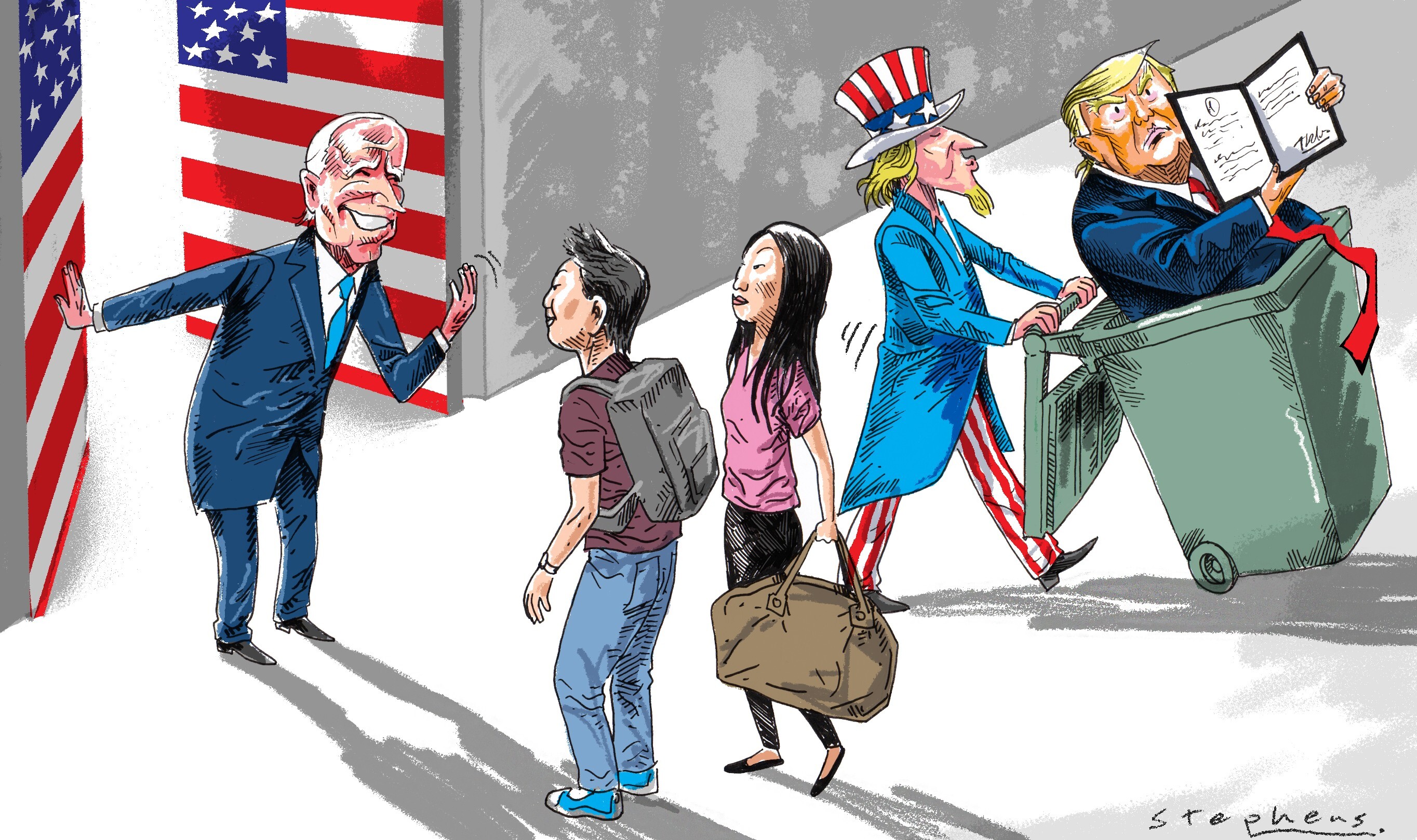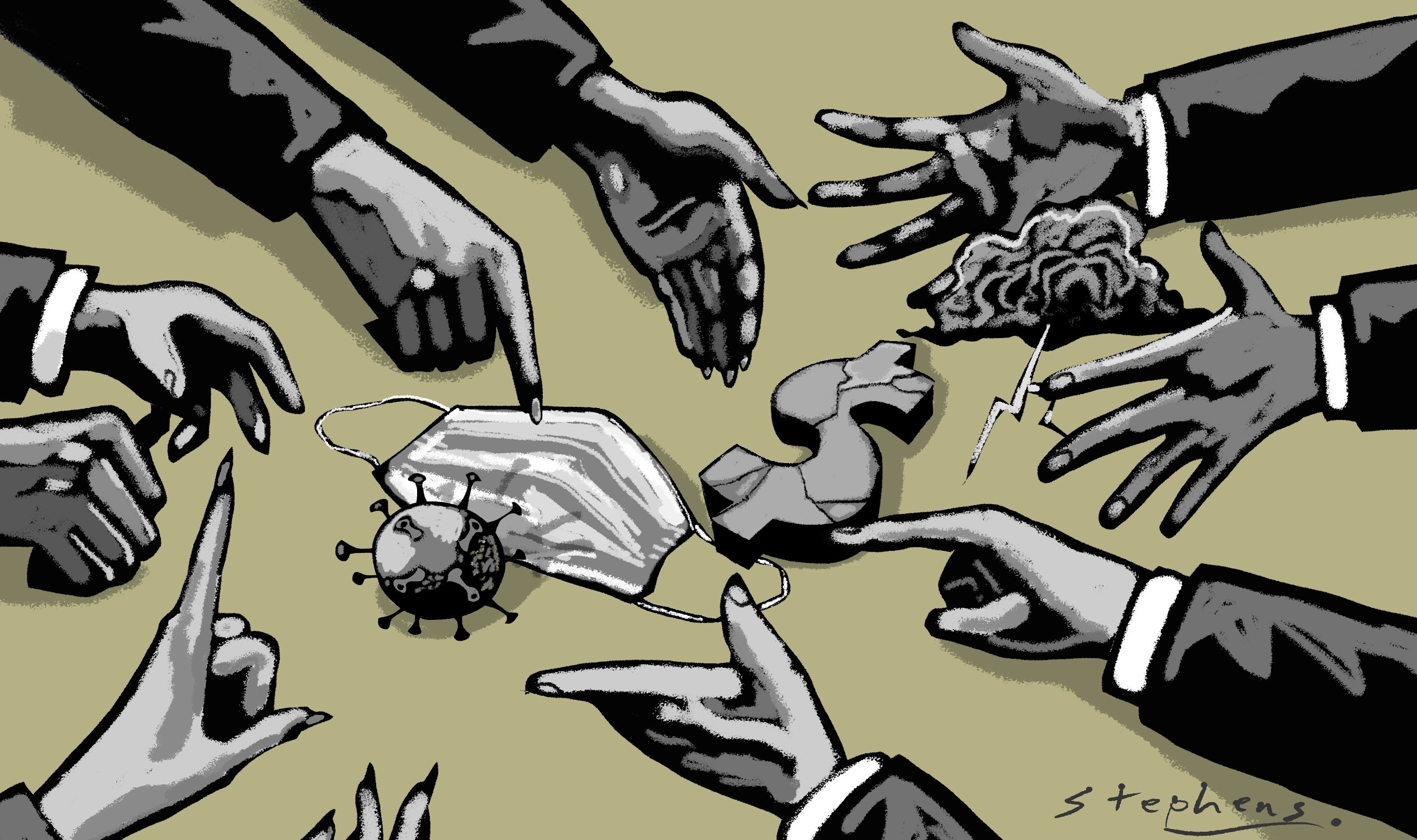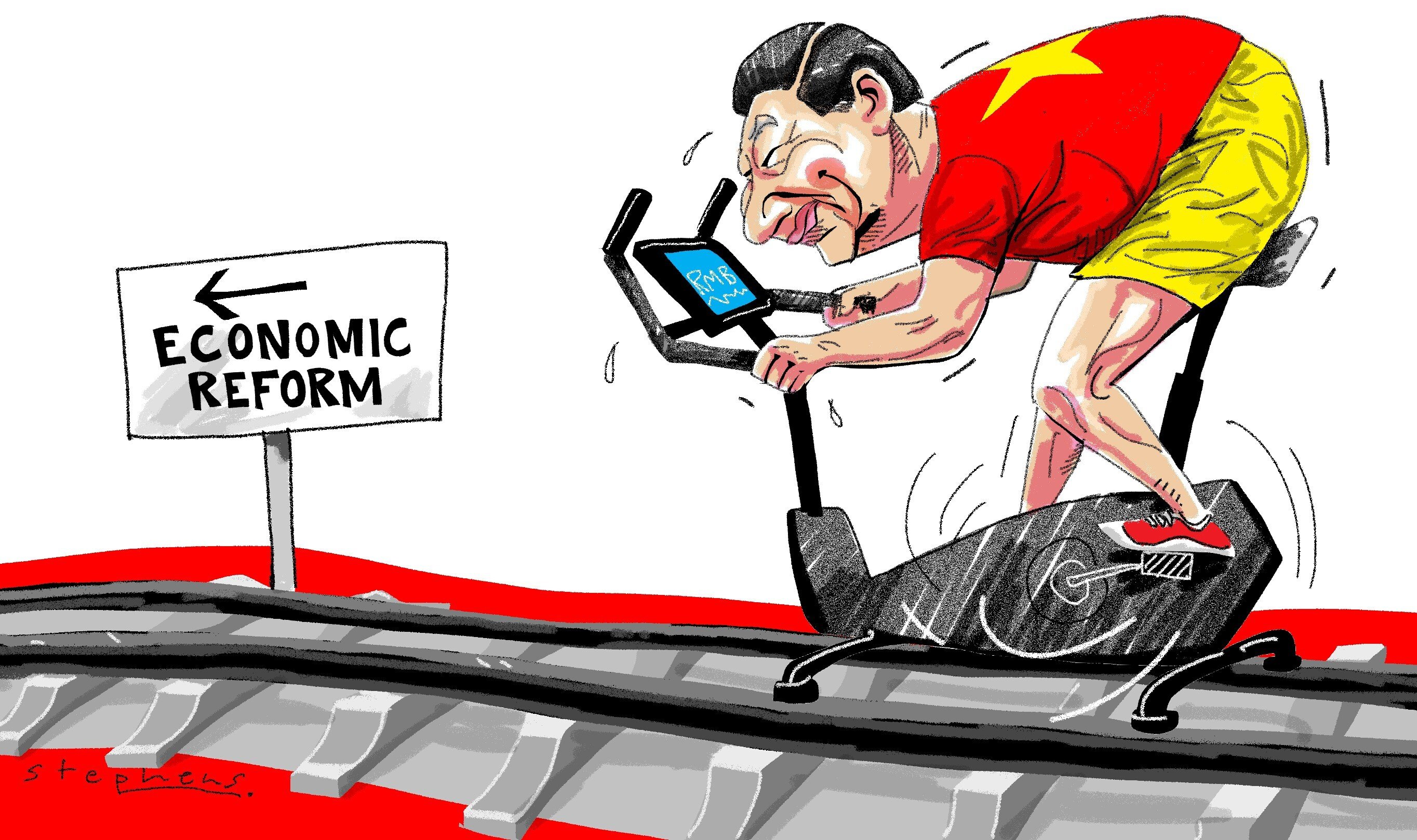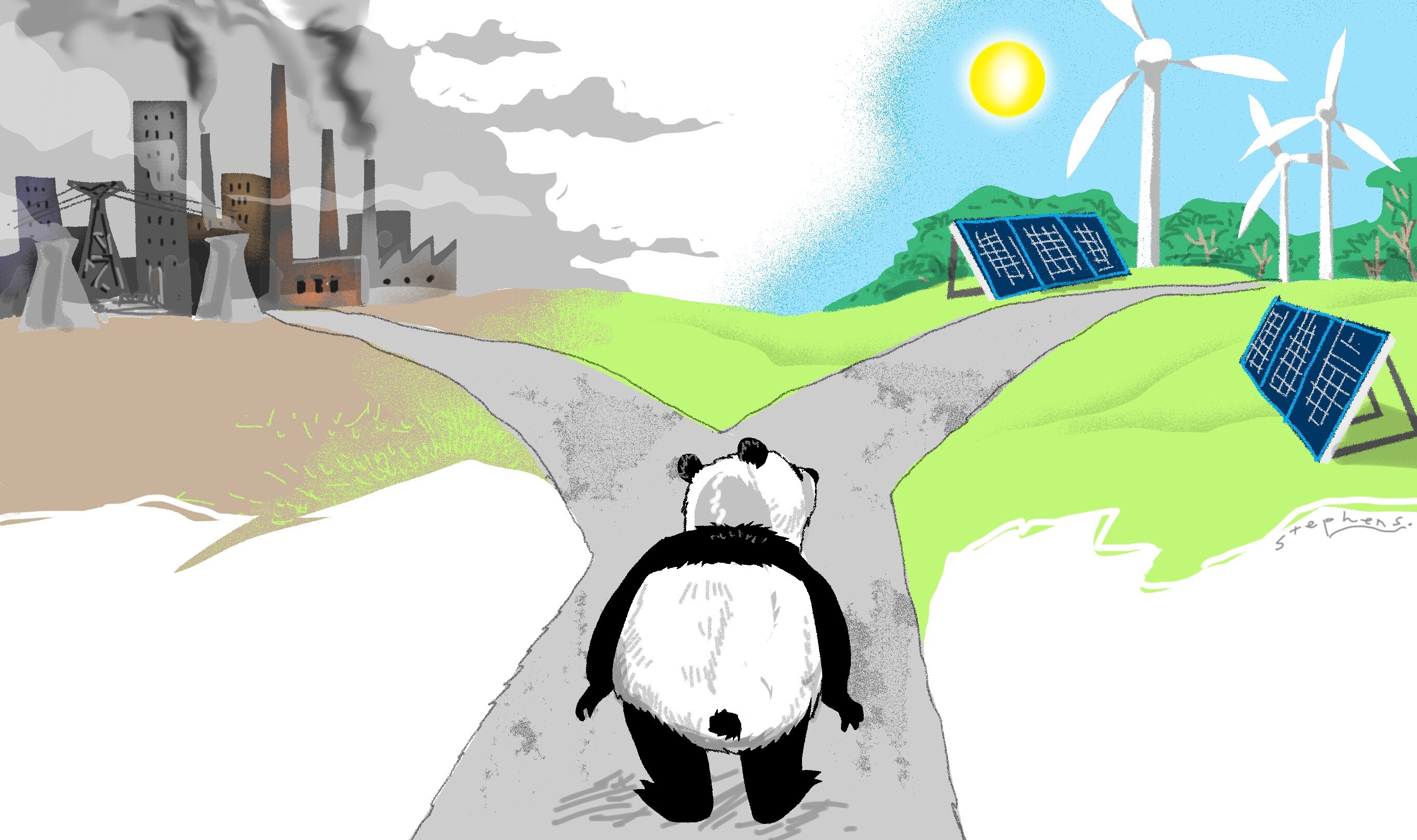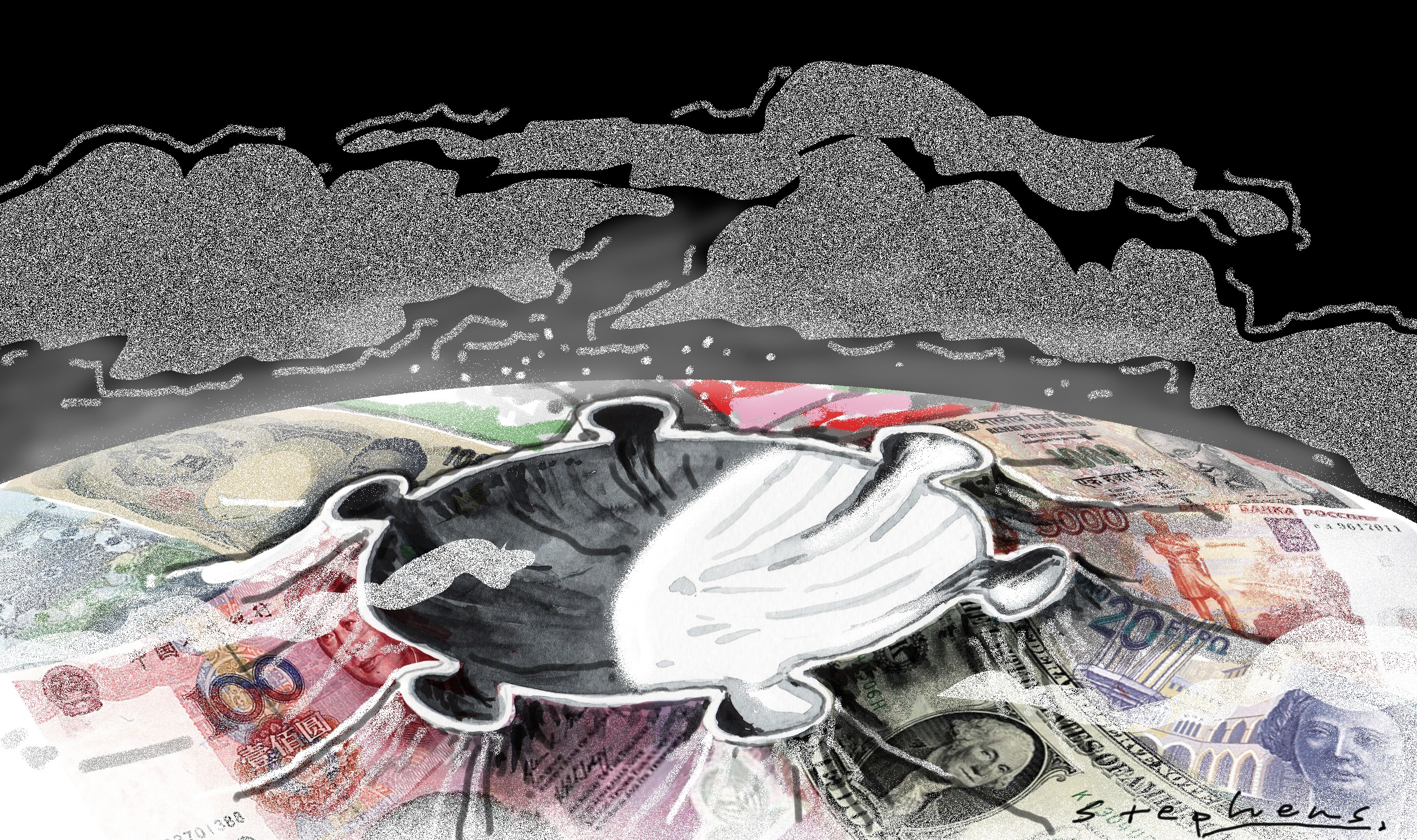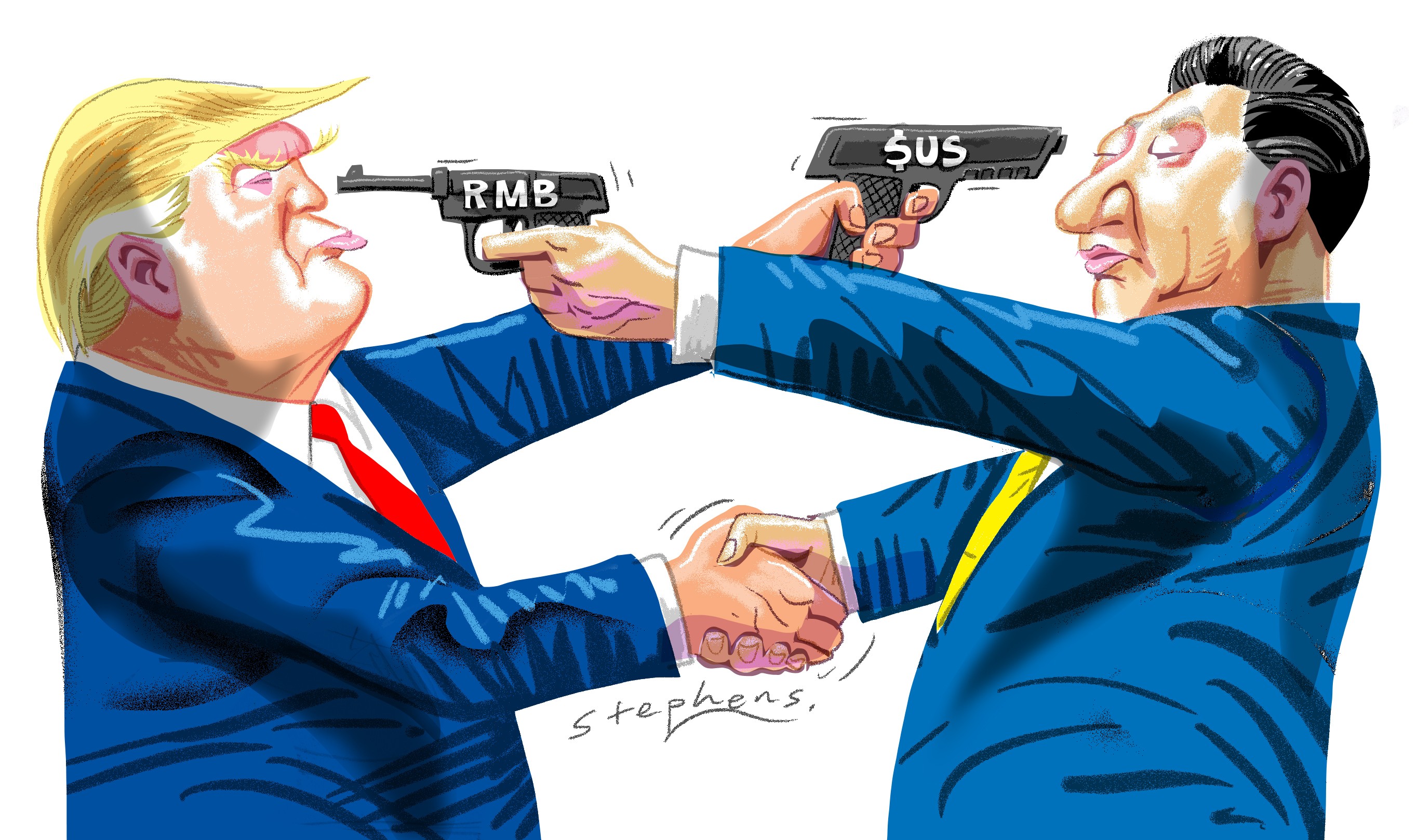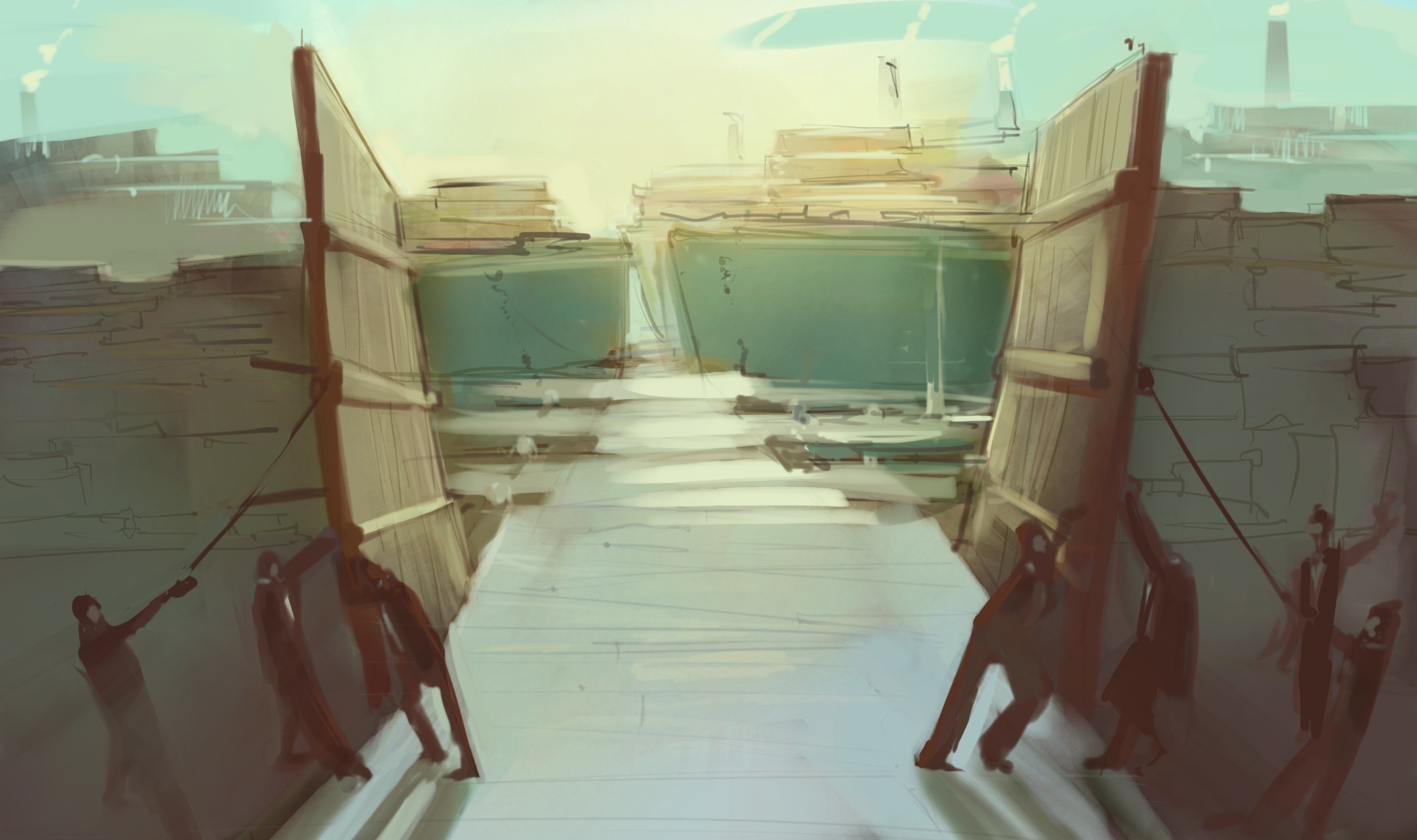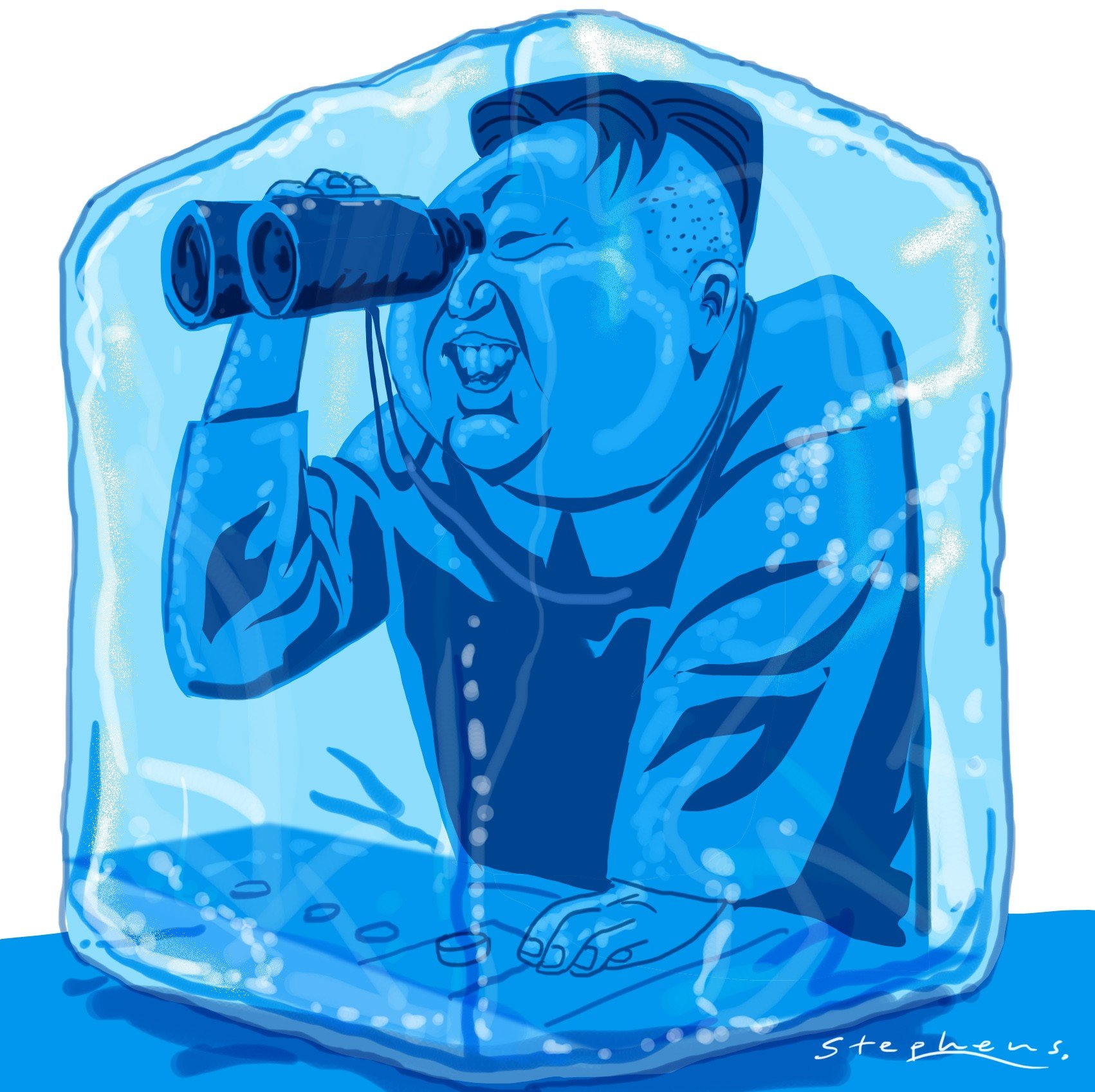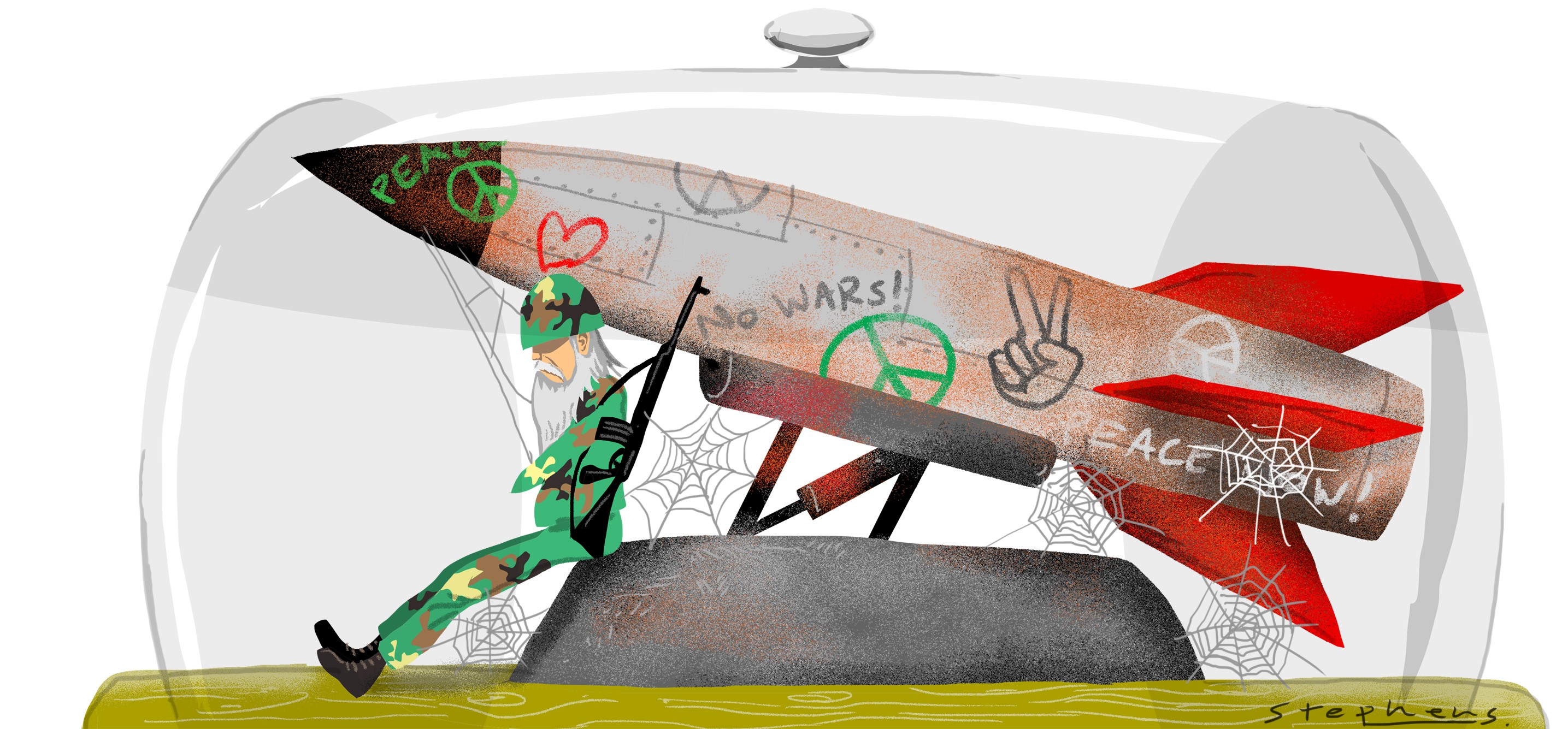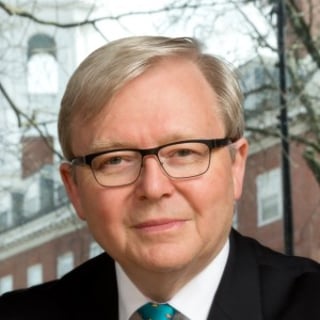
Beijing has begun to diplomatically distance itself from Moscow, but this is not enough to prevent further damage to China’s international standing. Given Putin’s track record of giving effect to his threats, Xi must act in China’s national interest and intervene to defuse the nuclear threat.
With US-China tensions threatening to undermine strategic nuclear stability, talks are urgently needed. Even if the relationship is destined for mutual suspicion, establishing strategic transparency is still possible.
In many ways, the fate of the Paris Agreement rests on the decisions China will take this decade. Actions such as enhancing its Paris targets and ending the financing of coal power are in China’s interests – it just has to recognise it.
Trump administration policies have inflicted enormous harm on America’s universities, economy and global standing. While every government has the right to screen out any foreign students, to continue with sweeping bans is nuts.
The G20 must convene soon after Joe Biden takes office, coordinate the global responses on vaccine roll-out and stimulus, drive economic governance reform, and refresh its commitment to combat climate change.
The government cannot pursue stimulus like it did in 2008 as piling on more debt would aggravate the risks to the economy. Significant economic reforms are needed to level the global playing field and prevent many foreign players from packing up and leaving China.
China is banking on infrastructure to build its way to recovery. How it does so will decide whether it forges a green revival or a carbon-intensive future. Beijing has a chance to show it can be a responsible environmental steward.
As the public health crisis spreads to global markets, recovery will depend on two factors: whether China seizes the chance to pursue economic reform, and whether the US and other major economies take coordinated action, like in 2008.
Both countries claim the other is hurting more, but both clearly have an interest in ending the trade war by 2020. If they fail, nationalist sentiment may make a resolution impossible, which would have stark consequences for everyone.
Reformers see an opportunity in the US trade war tensions to push for a reboot of domestic market reforms. There are precedents for such course corrections: famously, Deng Xiaoping got reform back on track during his southern tour.
A binding agreement with concessions by both the US and North Korea can prevent hostilities that might result in catastrophic conflict.
The region badly needs a security forum that links all relevant players, to help stop disagreements reaching a crisis point. The East Asia Summit can be expanded and strengthened to play this role
